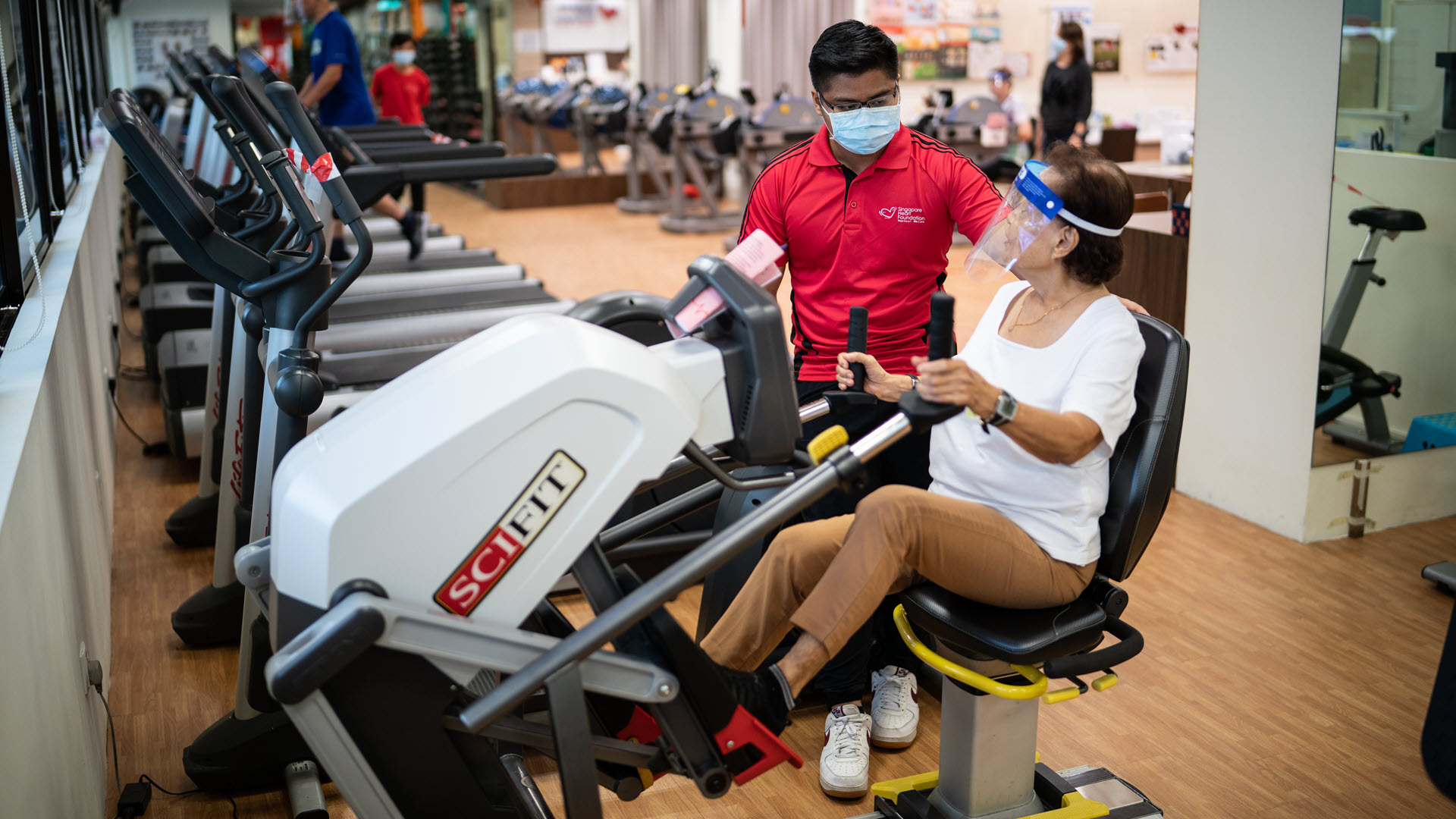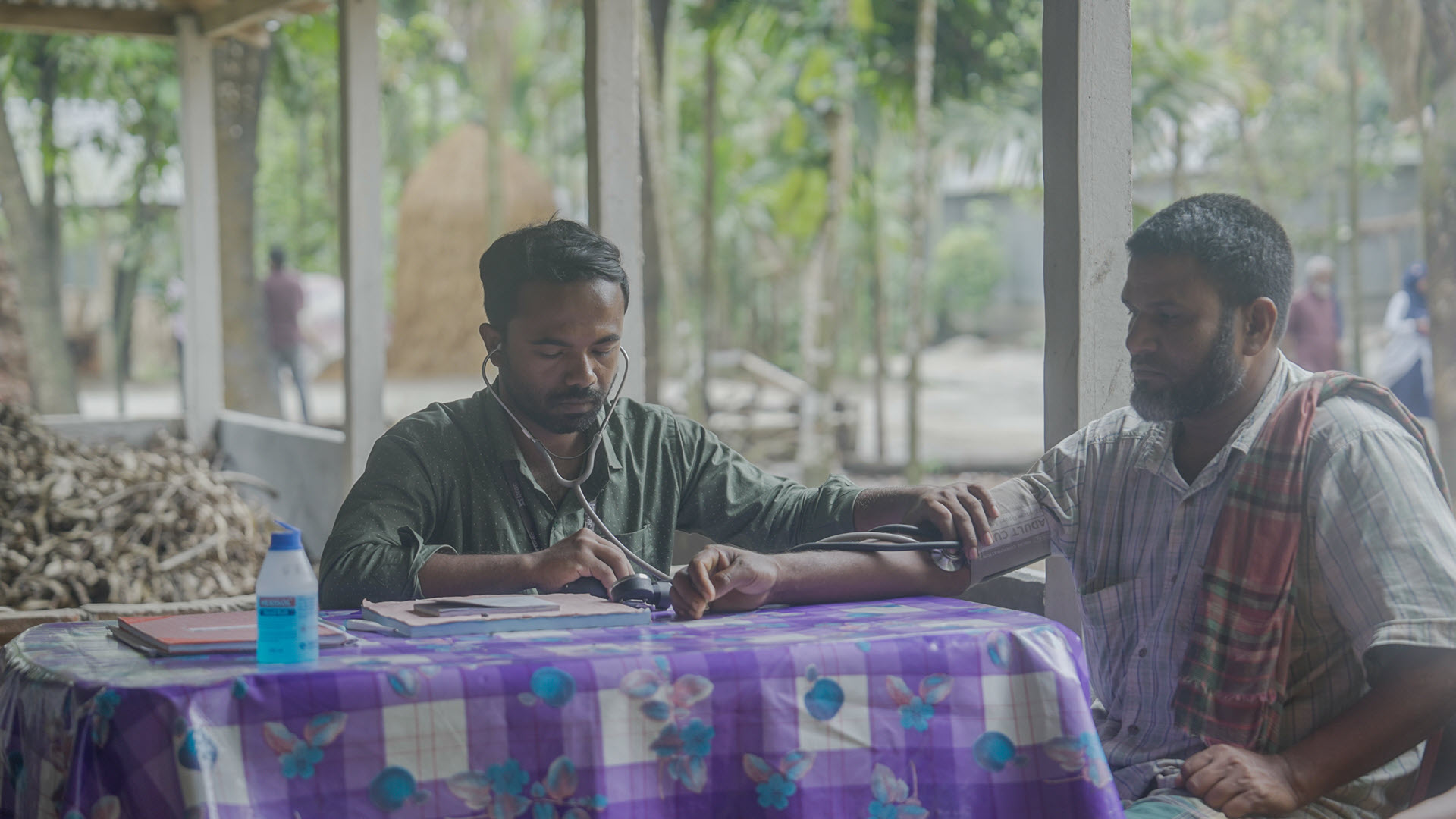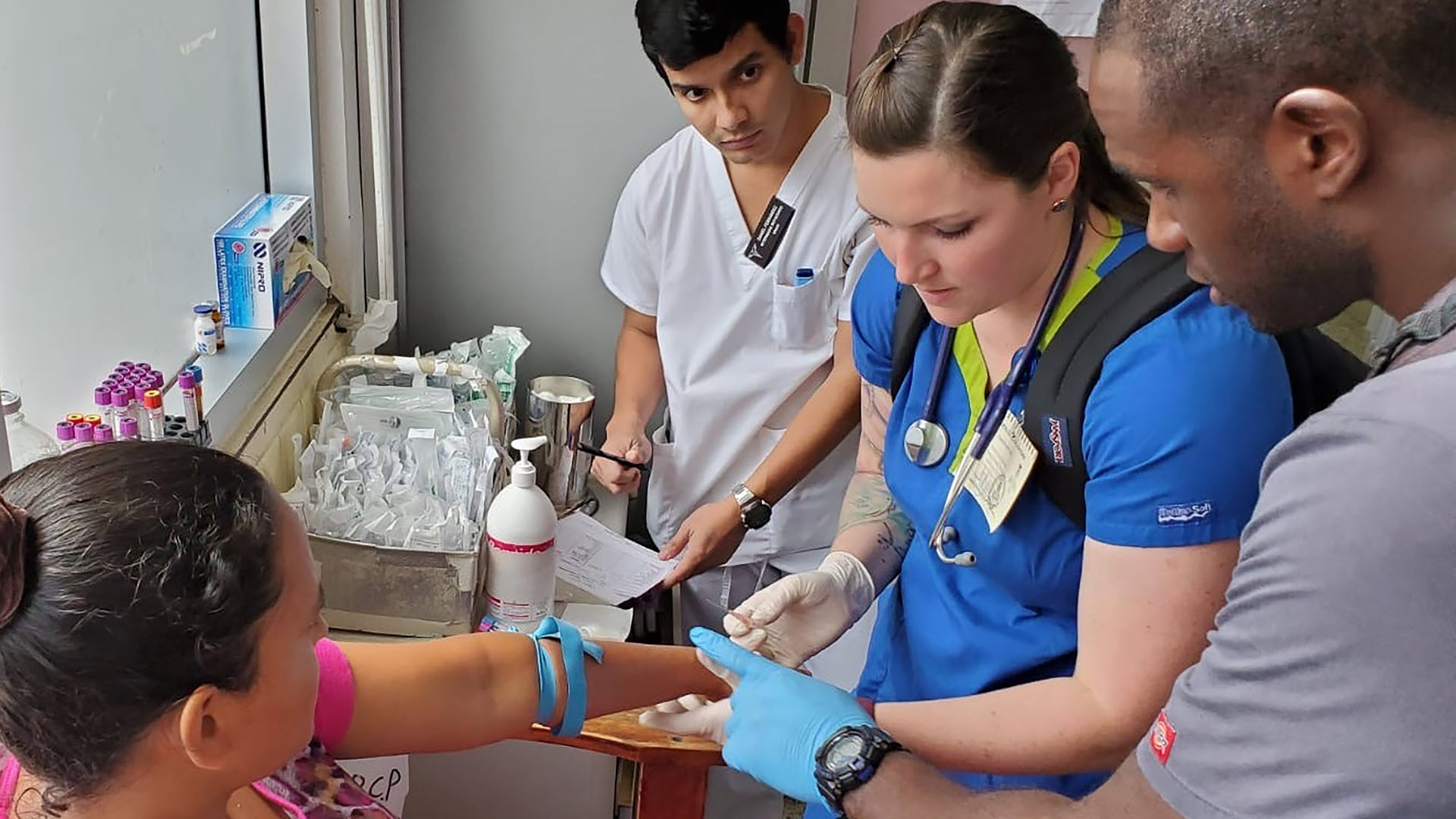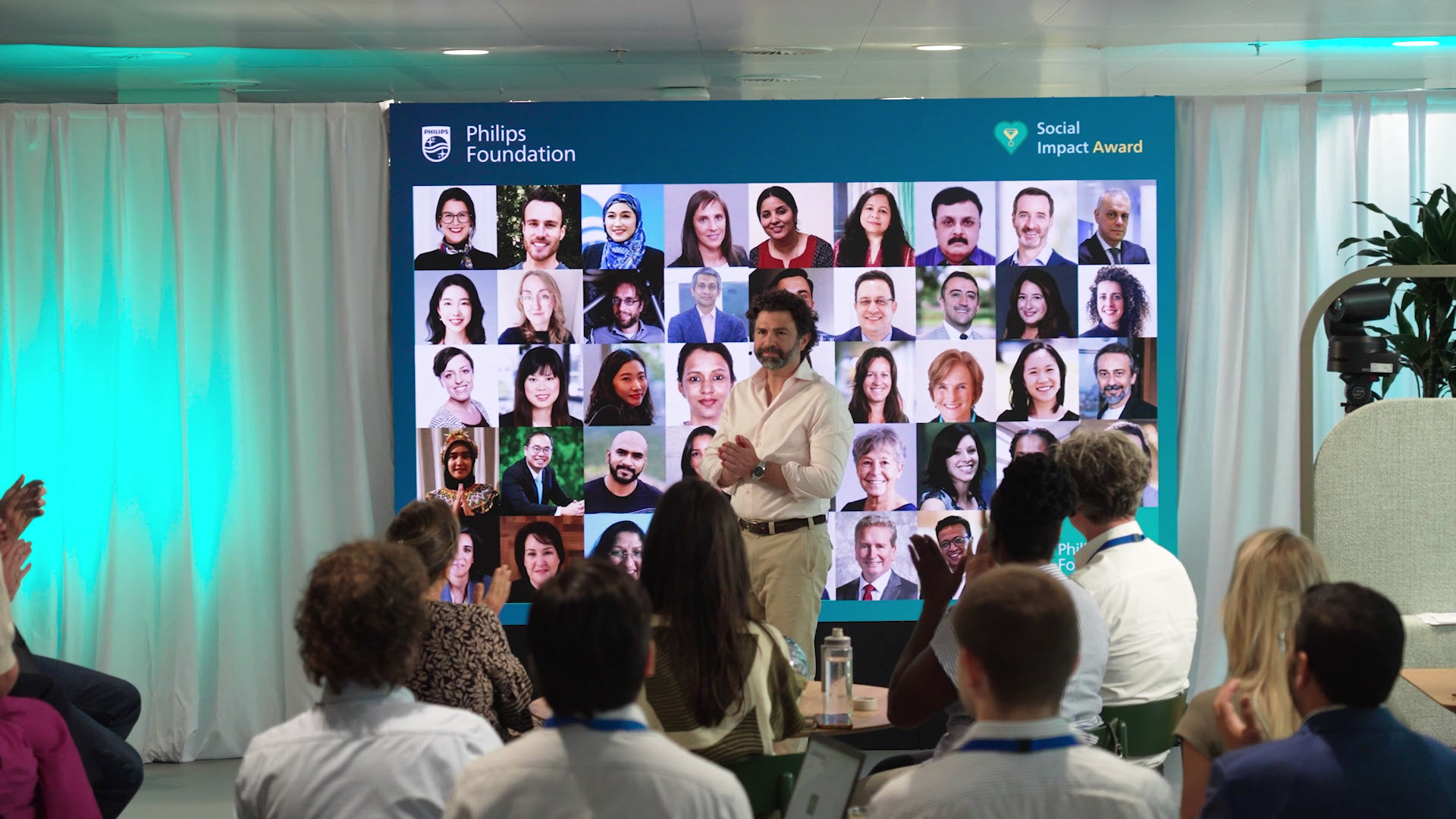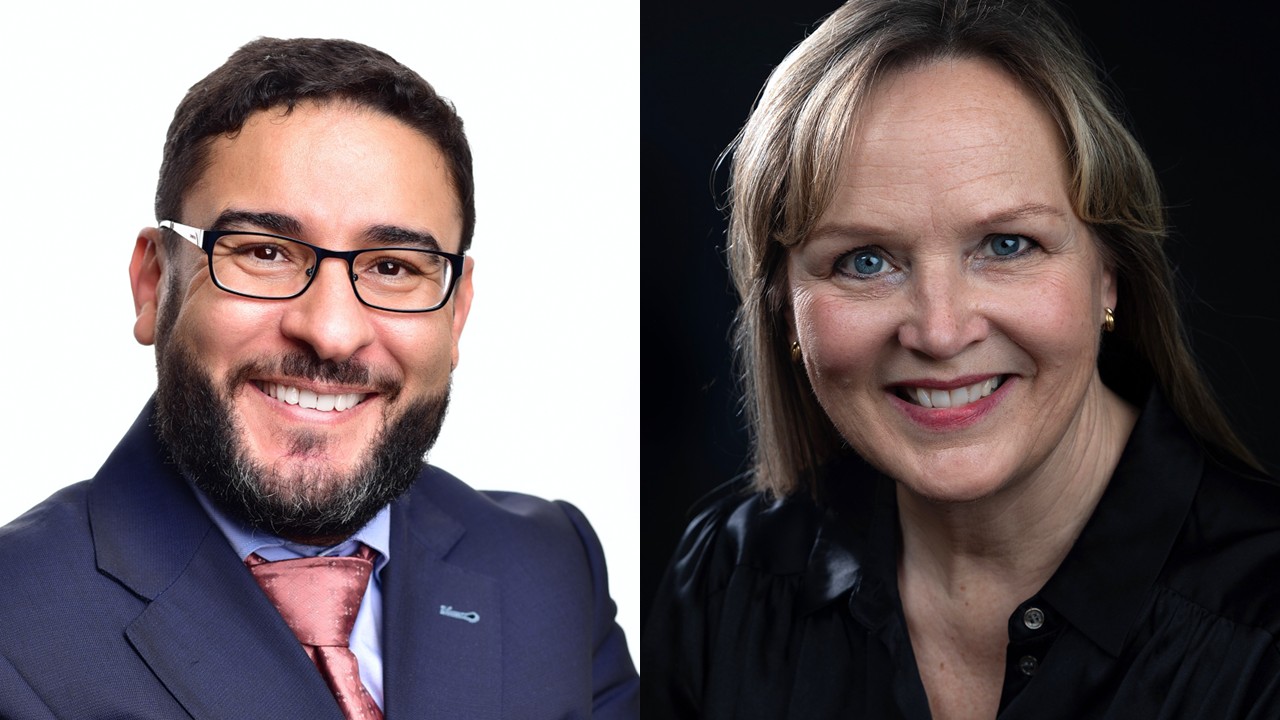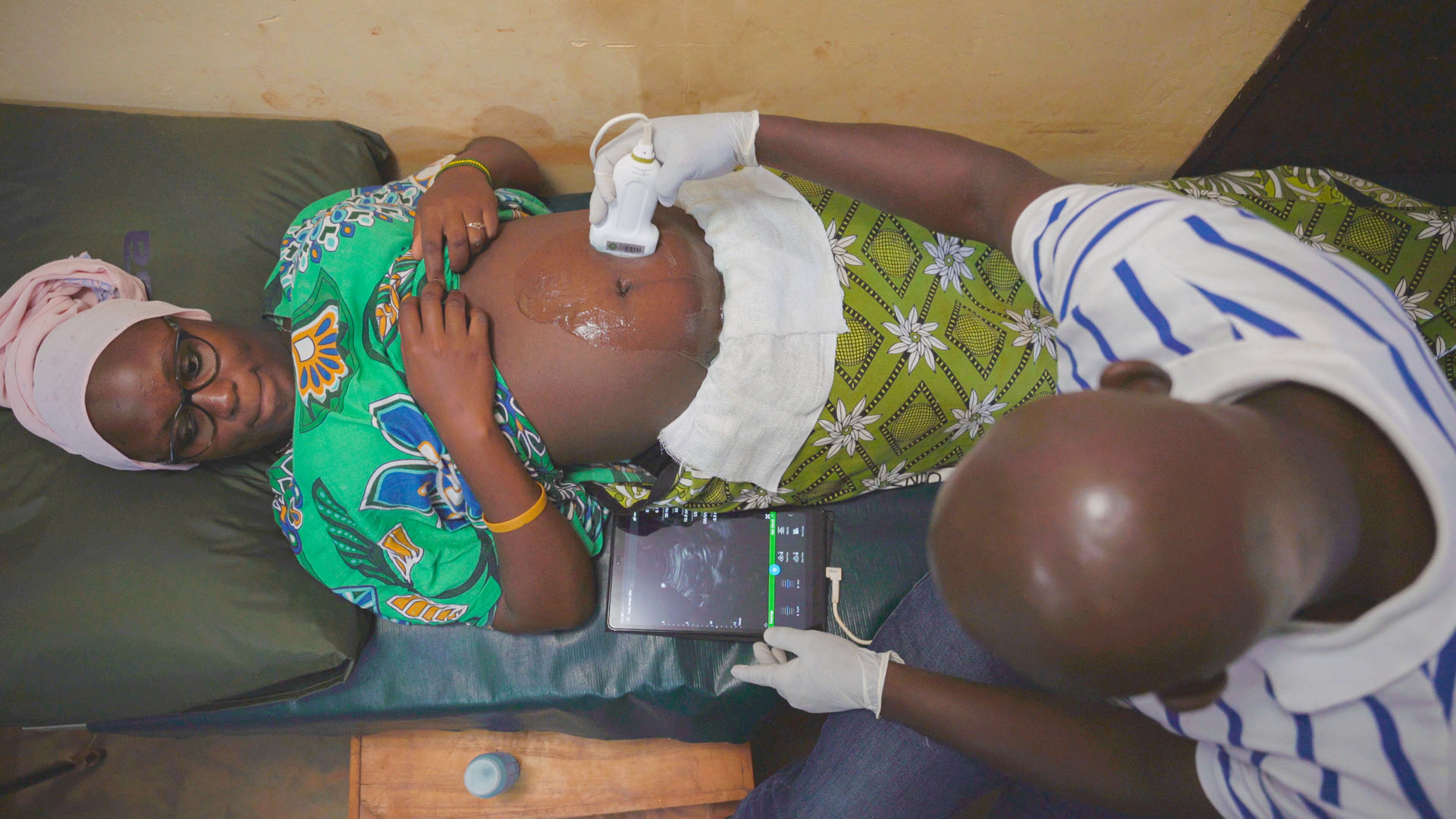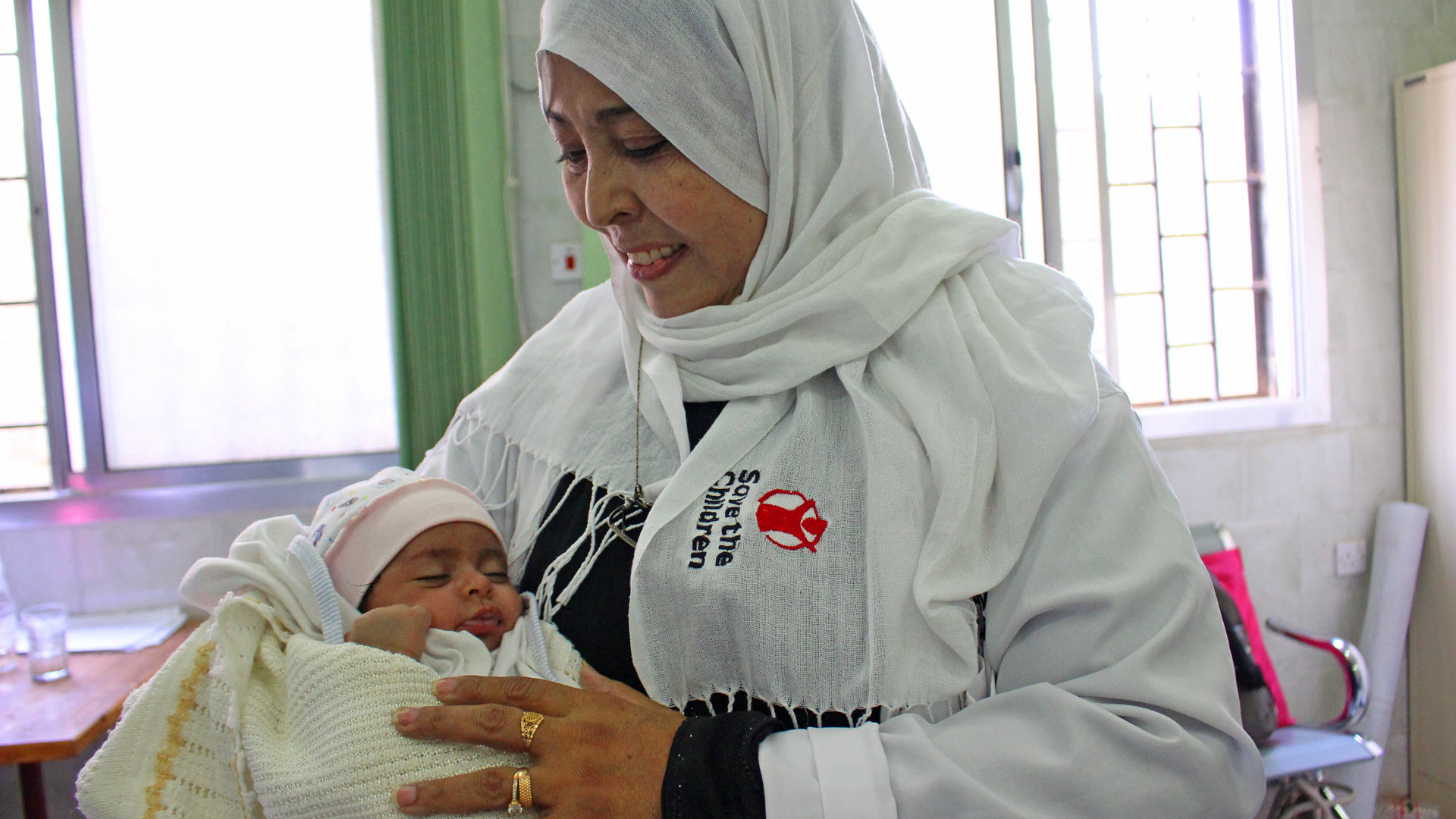“In line with Philips’ commitment to improving lives, this partnership aims to empower patients with access to better care for themselves. Through the heart wellness centre’s education initiatives, the AED roll-out and the CPR training, we want to equip individuals and communities with the knowledge and resources to reduce the mortality rates of cardiac incidences in Singapore,” said Ms Ivy Lai, Country Manager, Philips Singapore. “We are honored to implement this Philips Foundation project in Singapore with Singapore Heart Foundation, which has been instrumental in advancing the nation’s heart health over the past decades.”
Education and instilling confidence for action are also important aspects of this partnership. The Lancet Public Health [2] found that a series of public health interventions in Singapore cumulatively increased the likelihood of cardiopulmonary resuscitation (CPR) by bystanders during out-of-hospital cardiac arrests nearly eightfold, and survival rates over threefold, underscoring the importance of such interventions to improve OHCA outcomes.
In this vein, this partnership will also see 20 locales in Singapore equipped with automated external defibrillators (Philips HeartStart AEDs) and 500 individuals trained in CPR over the course of the year to build ready and resilient communities that are better equipped to deal with occurrences of cardiac incidents.
“Philips Foundation was founded on the belief that innovation and collaboration can help solve some of the world’s toughest healthcare challenges for underserved communities across the globe, and we believe that this partnership does just that. According to the World Health Organization, at least 400 million people around the world still lack access to essential health services. Through partnerships like these, we aim to make tangible progress in closing this gap,” said Ms Margot Cooijmans, Director, Philips Foundation.
----
Sources
[1] The Economist Intelligence Unit (2020). The cost of inaction: Secondary prevention of cardiovascular disease in Asia-Pacific
[2] Duke-NUS Medical School (2020). Bundled interventions improve bystander CPR, increase out-of-hospital cardiac arrest survival


